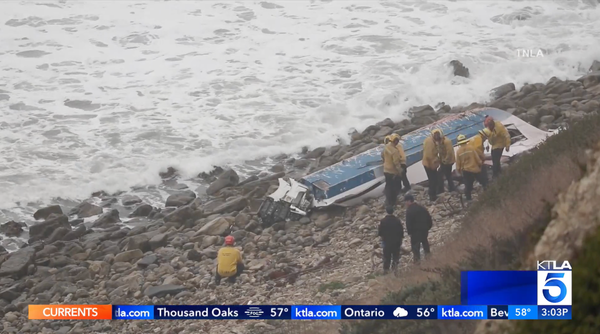
Beijing (AFP) - Russian skating sensation Kamila Valieva tested positive for a banned substance ahead of the Beijing Olympics before being cleared by her country, but the IOC will appeal against that decision, the Games' testers said Friday.
The case will be decided by the Court of Arbitration for Sport before February 15, when 15-year-old Valieva is scheduled to take part in the individual event at the Olympics, the International Testing Agency (ITA) said in a statement.
The information explains why the medals ceremony for the figure skating team event at the Beijing Olympics, in which Valieva led the Russian team to gold this week, has not taken place.
Valieva tested positive for trimetazidine, a metabolic agent that is prescribed for the treatment of angina and vertigo, but is banned by the World Anti-Doping Agency because it can increase blood flow efficiency and help endurance.
The ITA said Valieva submitted a sample during the Russian championships on December 25 but the positive test was not confirmed by an internationally-accredited laboratory until February 8.
Valieva was provisionally suspended by the Russian anti-doping agency (RUSADA), which would have ruled her out of the Olympics, but the teenager successfully challenged that decision and the ban was lifted on February 9.
She had already taken part in the team competition and became the first woman in history to produce a quadruple jump in Olympic competition to help Russia win.
Now the IOC says it will challenge the decision to lift her suspension.
"Under the World Anti-Doping Code, the World Anti-Doping Agency (WADA), the International Skating Union (ISU), RUSADA and the IOC have a right to appeal the decision to lift the provisional suspension before the Court of Arbitration for Sport (CAS).The IOC will exercise its right to appeal," the ITA said in a statement.







